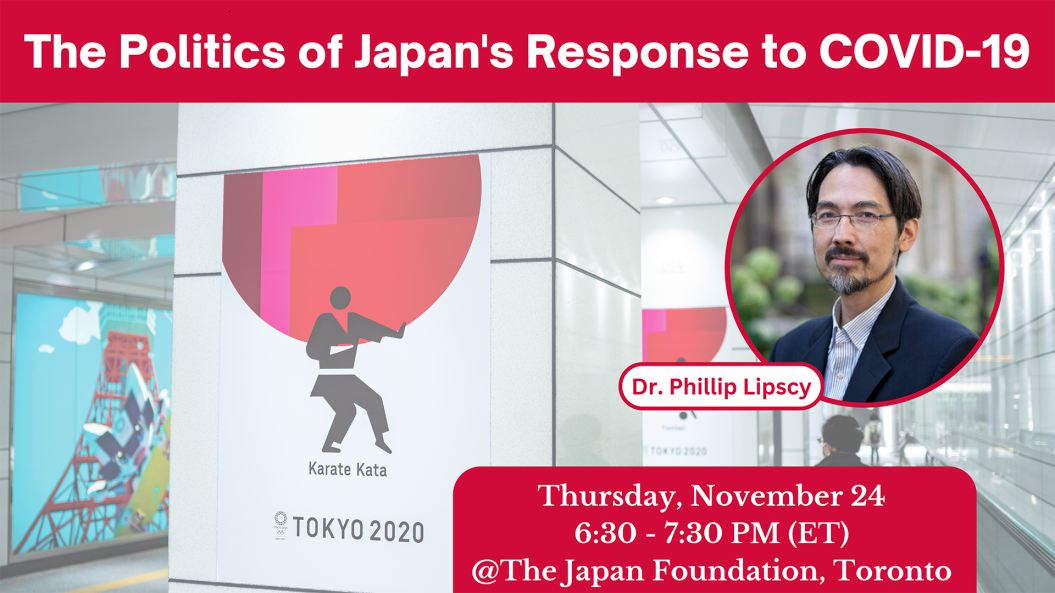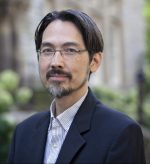The Politics of Japan’s Response to COVID-19

- This event has passed.
November 24th, 2022 @ 6:30 pm - 7:30 pm EST
Cost: FreeDetails » Click here to register »

How did Japan respond to the COVID-19 pandemic, and what were the political factors that shaped its approach? Japan recorded the lowest number of COVID-19 deaths per capita among OECD countries. This was despite considerable vulnerabilities – for example, Japan has the oldest population in the world and relatively limited hospital capacity to accommodate a surge in patients. Japanese leaders have touted the merits of the “Japan model” of COVID-19 response as exemplary of how to manage the pandemic without sacrificing fundamental democratic values and civil liberties. The model broadly emphasizes the avoidance of mandates and harsh lockdowns, maintenance of macroeconomic growth, and evidence-based measures that rely on scientific experts. What contributed to the Japan model, and are there useful lessons for other countries like Canada?
 Phillip Y. Lipscy is professor of political science at the University of Toronto, where he is also Chair in Japanese Politics and Global Affairs and the Director of the Centre for the Study of Global Japan at the Munk School of Global Affairs & Public Policy. In addition, he is cross-appointed as professor at the Faculty of Law at the University of Tokyo. His research addresses substantive topics such as international cooperation, international organizations, the politics of energy and climate change, international relations of East Asia, and the politics of financial crises. He has also published extensively on Japanese politics and foreign policy. Before arriving at the University of Toronto, Dr. Lipscy was assistant professor of political science at Stanford University. Dr. Lipscy obtained his Ph.D. in political science at Harvard University. He received his M.A. in international policy studies and B.A. in economics and political science at Stanford University.
Phillip Y. Lipscy is professor of political science at the University of Toronto, where he is also Chair in Japanese Politics and Global Affairs and the Director of the Centre for the Study of Global Japan at the Munk School of Global Affairs & Public Policy. In addition, he is cross-appointed as professor at the Faculty of Law at the University of Tokyo. His research addresses substantive topics such as international cooperation, international organizations, the politics of energy and climate change, international relations of East Asia, and the politics of financial crises. He has also published extensively on Japanese politics and foreign policy. Before arriving at the University of Toronto, Dr. Lipscy was assistant professor of political science at Stanford University. Dr. Lipscy obtained his Ph.D. in political science at Harvard University. He received his M.A. in international policy studies and B.A. in economics and political science at Stanford University.
